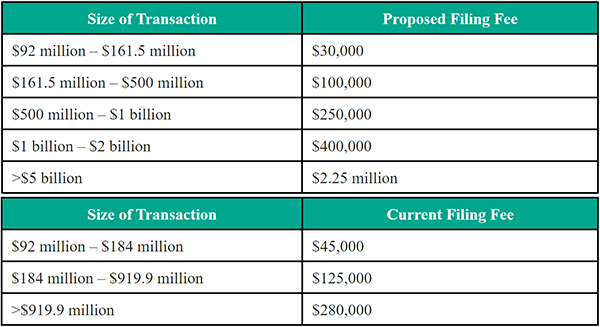In the United States, aggressive antitrust enforcement is likely to continue with the appointment of Lina Khan as Federal Trade Commission (FTC) Chair and the nomination of Jonathan Kanter to lead the Department of Justice’s (DOJ) Antitrust Division. The premerger notification landscape continues to shift as filings reach another record high. Technology companies remain in the “hot seat” as legislators in the US House of Representatives introduced five antitrust reform bills that would change the enforcement landscape for digital platforms, including seeking to preclude large digital platform companies from acquiring smaller, nascent competitors. And the US Department of Justice is making good on President Biden’s pledge to regulate “Big Ag” by challenging Zen-Noh Grain Corporation’s proposed acquisition of 38 grain elevators from Bunge North America, Inc.
Meanwhile, in Q1 2021, the European Commission (Commission) published its Guidance on Article 22 of the EU Merger Regulation. The Guidance encourages the EU Member States to refer certain transactions to the Commission even if the transaction is not notifiable under the laws of the referring Member State(s). In Q2, not long after the issuance of the Guidance, the Commission received its first referral request to assess the proposed acquisition of GRAIL by Illumina. In light of the growing global debate on the need for more effective merger control, EU Competition Commissioner Margrethe Vestager confirmed that the Commission will not soften EU merger policy going forward. The Commission’s statement was made despite the fact no deals have been blocked by the Commission in about the last two years.
read more


 Subscribe
Subscribe

